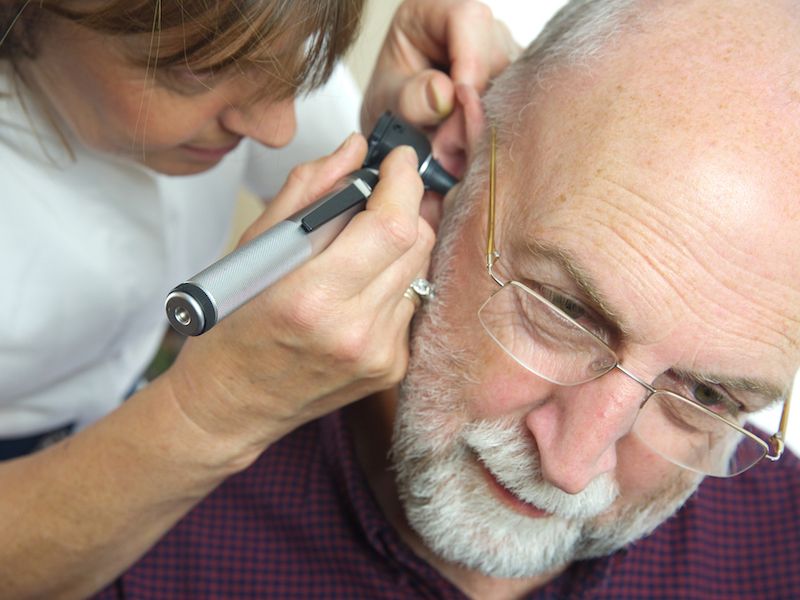
You continue to consult with the eye doctor every year if you own glasses, right? Due to the fact that, over time, your eyes will change. Your eyes and everything else in your body are dynamic not static including your ears. That’s why, just as it is with your eyes, it’s essential to keep having your ears checked even after you get a pair of hearing aids.
Unfortunately, many people miss those regular checkups. Perhaps they’ve been too busy enjoying their lives to get back in to see the doctor. Or maybe lately, work has been stressful. Or it’s possible you’ve just been so satisfied with your hearing aids that you haven’t had a reason to go back in. That should be a positive thing, right?
Over time, for individuals with hearing loss, it is even more relevant to have even one follow-up consultation. In spite of that, ongoing attention is often neglected. According to one survey, only 33% of seniors with hearing aids also used regular hearing services.
After You Get Hearing Aids, Why Would You Require to Get Regular Checkups?
Your hearing is dynamic. Over time it changes. When these changes occur, you should adjust your hearing aids to compensate. Issues can be recognized early and your hearing aids can be adjusted accordingly.
And that isn’t even the only reason why it may be a good idea to maintain scheduled consultations with a hearing specialist once you get your hearing aids. Some of the most prevalent reasons to assure you make it to your next examination include:
- Hearing aid calibration: Even though your overall hearing health may continue to be stable, small changes in your hearing might create the need for annual calibration of your hearing aid. Your hearing aids may gradually become less reliable if you don’t get this type of calibration.
- Degeneration of hearing: Even if you use a hearing aid, your hearing may keep deteriorating. If this degeneration is slow enough, you probably won’t realize it’s taking place without the assistance of a hearing assessment. Hearing decline can often be slowed with appropriate alterations to your hearing aids.
Along with monitoring changes in your hearing, it’s essential to periodically get a professional cleaning. We can help make sure your hearing aid is functioning the way it should, clean all the small components and keep it in optimum condition.
The Risk of Not Following up With Routine Check-Ups
If you get frustrated with your hearing aids, say because they don’t work the way you expected them to, you might simply stop wearing them and that would be a problem. Using hearing aids helps you hear better, naturally, but it also impacts your general health. If you stop using your hearing aids, not only can your hearing decline faster, you may not notice it immediately. Untreated hearing loss has been connected to various health problems like cognitive decline and increased risk of accidents.
If you want your hearing aids to continue working at the most effective level, frequent examinations are going to be your best choice with regards to accomplishing that. Yearly hearing exams or screenings can help you be certain your hearing aids are functioning as they should and that your hearing is safeguarded. So schedule your hearing examination now.